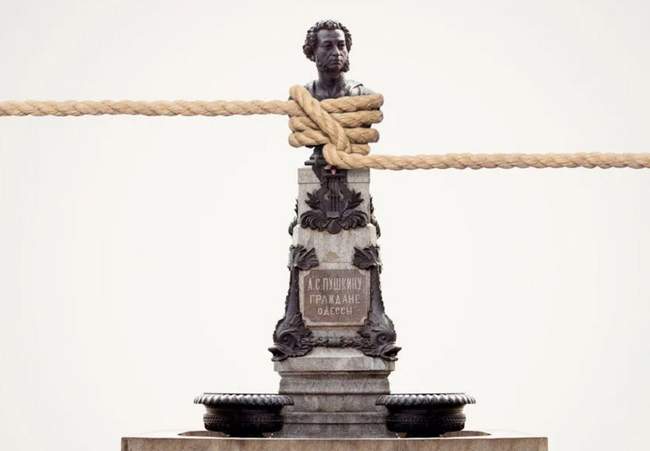Меню
Соціальні мережі
Розділи
Dec. 20, 2024, 1:31 p.m.
Decolonization or loss of identity: The Economist wrote about Odesa
This article also available in English445

Photo: Screenshot of The Economist cover.
The Economist recently published an article about Odesa, highlighting the city's unique cultural heritage, its historical significance, and the challenges it faces today during the war with Russia.
The article begins with a vivid description of Odesa's iconic landmarks, such as the Potemkin Stairs and the statue of Duke Richelieu. Richelieu was a French aristocrat who helped turn the city into a center of enlightenment. The article emphasizes his lasting influence on Odesa and mentions that his statue still stands proudly overlooking the Black Sea.
In March 2022, during the escalation of the war, Odessans anxiously watched the horizon, expecting a possible Russian landing. At this time, local furniture distributor Nika Vikniansky took steps to protect the Richelieu statue by organizing volunteers to cover it with sandbags.
The article also compares the fates of two other iconic statues in Odesa - Alexander Pushkin and Isaac Babel. While monuments to Pushkin, as a symbol of Russian imperialism, have been demolished throughout Ukraine, Odesa has a special status. Pushkin has a deeper connection to the city, as he wrote Eugene Onegin in Odesa during his exile, and Odesa itself celebrated his legacy as a European, cosmopolitan city. Despite the broad trend toward decolonization in Ukraine, Odesa's identity complicates this process, as it was never simply a Russian colony, but a multicultural and free metropolis.
The authors write about the tensions that arise around Odesa's identity and the ongoing cultural struggle. While some activists advocate for the destruction of these statues as part of a broader struggle to "cleanse" Ukraine, others see it as an attack on the city's heritage as a symbol of freedom and multiculturalism.
"Today, while the city is regularly bombarded by Russian drones and missiles, Odesa's identity, polyphony, and freedom are under a more subtle threat. It comes from Ukraine's own officials and from a smallbut aggressive and vocal group of activists who have seized on the decolonization law," The Economist writes.









